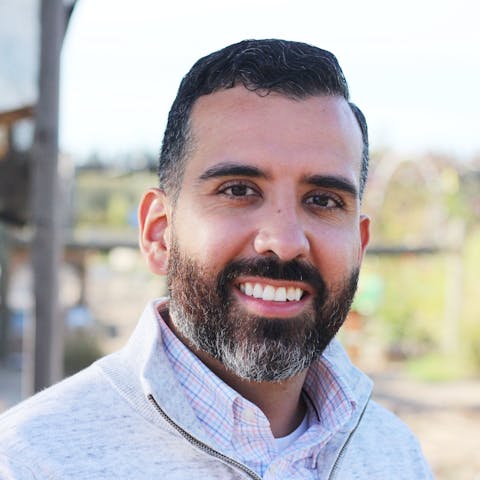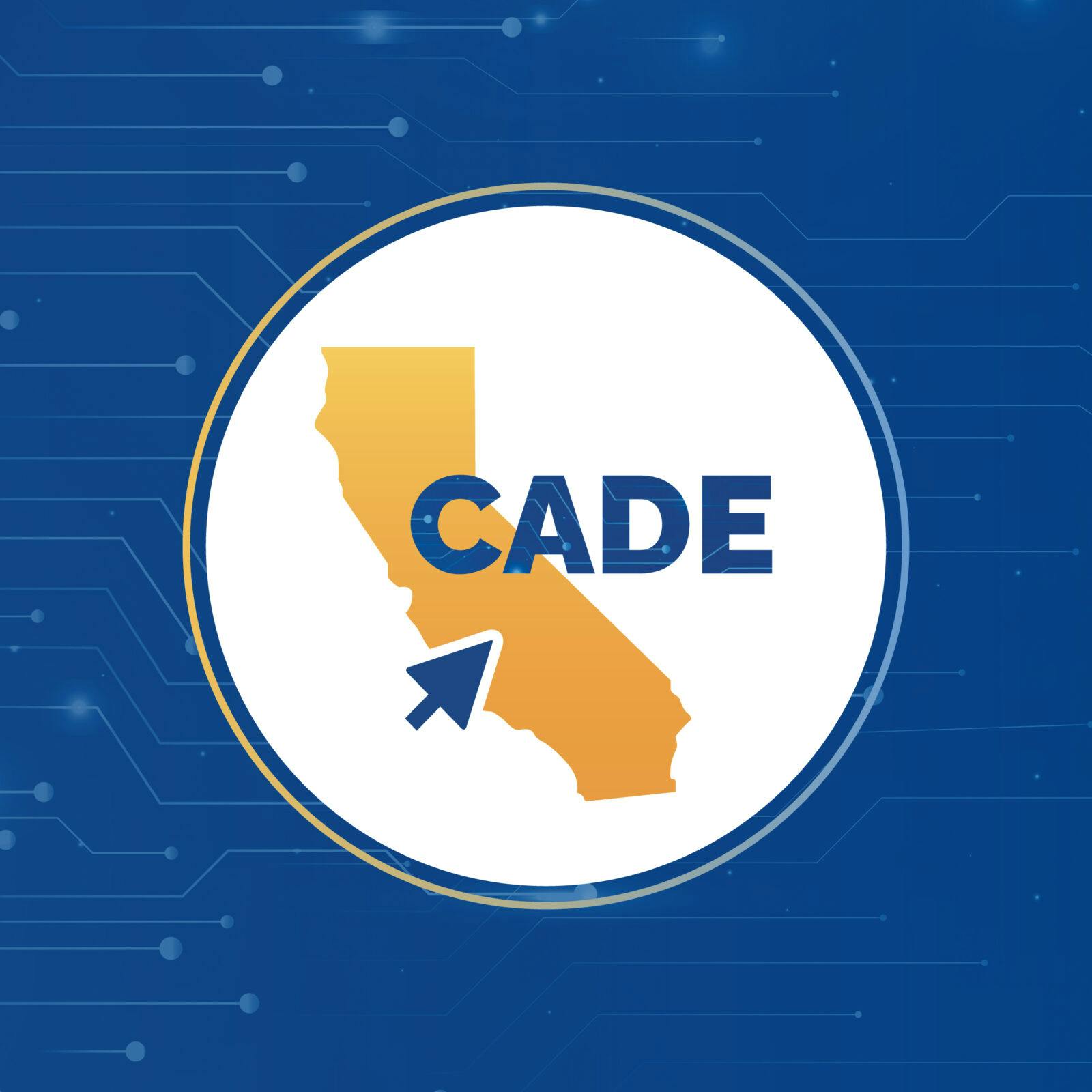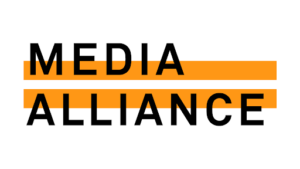
Digital Equity
Advocating for policies, programs, and additional resources to close the digital divide by tackling barriers to broadband access, reliability, and affordability while fostering digital equity and digital literacy.
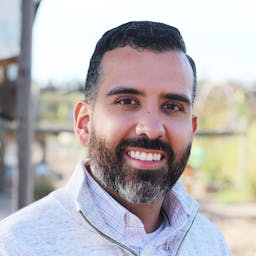

A’Mari Truby-McKay
Policy Fellow“Access to fast, reliable, and affordable broadband is critical for participating in today’s economy and society – from civic and cultural engagement, to employment and educational opportunities, to accessing vital community services such as healthcare and workforce training programs. If we want to unlock the immense economic potential of California’s historically marginalized communities, and create opportunities of economic prosperity for all, closing the digital divide and achieving digital equity is a must.”
Our Current Digital Equity Work
AB 2239 Digital Discrimination - 2024 (Bonta)
Despite historic public commitments to close the digital divide, low-income communities across the state remain disproportionately disconnected from high quality, affordable internet service. As a result, establishing a state definition of digital discrimination will be instrumental to ensuring California’s historic – nearly $8 billion in state and federal funds – investment in broadband infrastructure is deployed equitably. AB 2239 will make California the first state in the nation to adopt the FCC’s definition of digital discrimination (following the City of Los Angeles’ groundbreaking digital discrimination ordinance). Access to the internet is a 21st-century civil right, and we’re proud to stand with all California communities in advocating for this goal.
California Alliance for Digital Equity (CADE)
Access to and facility with the internet is a requirement to engage in today’s world. Work activities, school classes, job applications, and medical appointments all demand reliable high-speed internet. Every Californian deserves access to fast, reliable, and affordable internet; and to have the opportunity to learn how to effectively navigate the digital world. We believe a fast connection without bandwidth or data limitations, coupled with technical support, is a civil right—not a luxury.
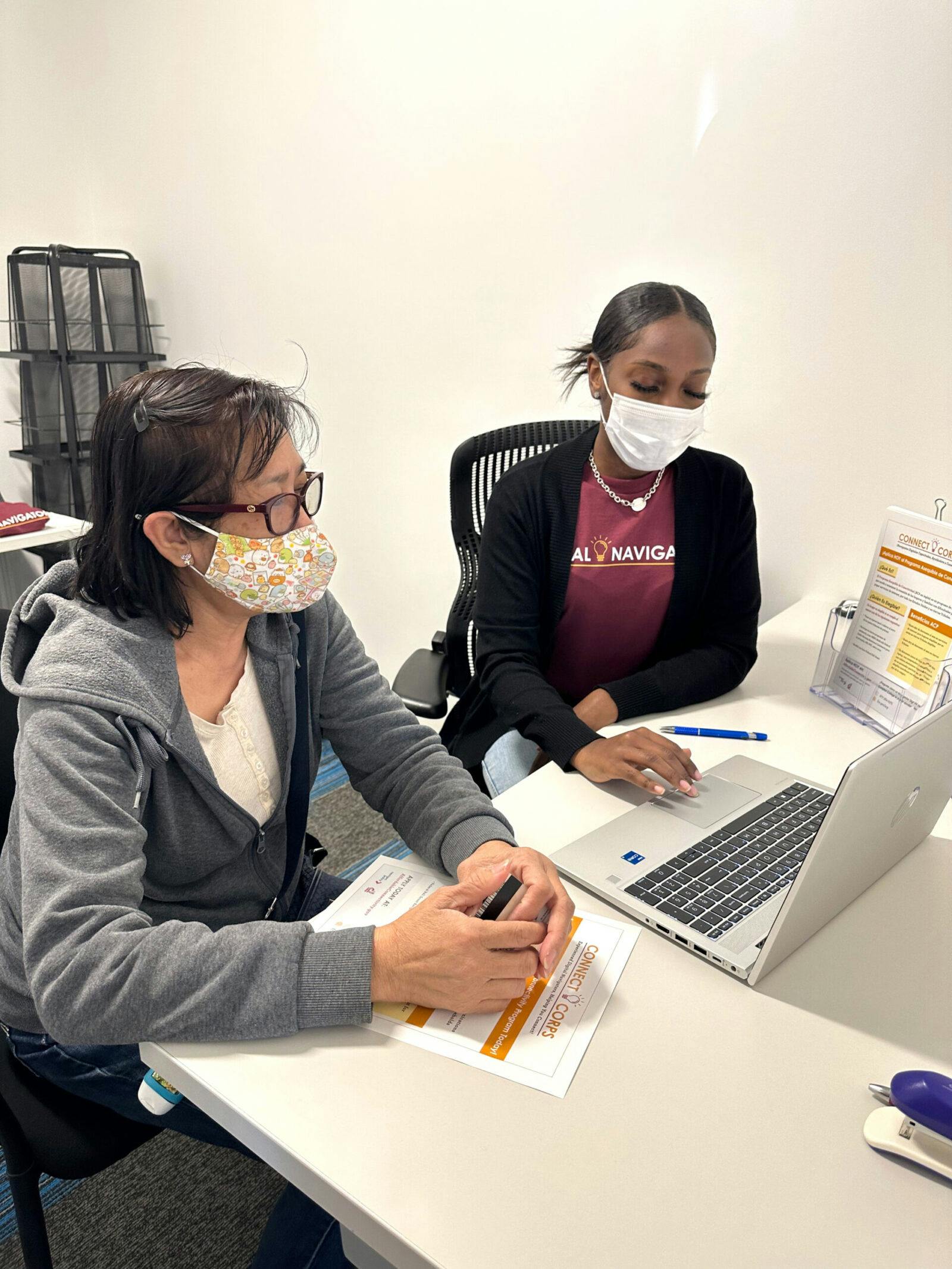
Connect Corps Digital Navigators
In partnership with Compton College, NextGen Policy established a digital equity pilot program dubbed Connect Corps. Our Connect Corps program is centered around ensuring Angelenos have access to affordable internet service options; the devices necessary for digital access; and the digital literacy skills for full economic, societal, and civic participation in today’s digital world.
Budget Priorities in 2024
- Working to increase transparency & accountability in MMBI decision-making processes with the California Department of Technology (CDT) & the California Public Utilities Commission (CPUC)
- Ensuring the MMBI serves California’s Disadvantaged Communities, including the Governor’s 18 Initial Commitments
- Maximizing impact of funding resources by working with stakeholders to maintain a commitment to a state-owned open-access MMBI
Big Wins for Digital Equity
AB 41 DIVCA Reform (Holden) 2023 – Veto
- Although we initially supported AB 41 for much of the 2023 legislative session, the final iteration of AB 41 would have moved the state further from digital equity, and would have made California franchise policy worse for communities, worse for localities, and harder for the state to address the digital divide. Working alongside other digital equity coalition partners, we successfully secured a veto of AB 41 by Governor Gavin Newsom.
AB 286 Broadband Infrastructure Mapping (Wood) 2023 – Signed into Law
- The current inventory of publicly available broadband maps fail to fully and accurately illustrate our state’s geographic digital divide; and the inaccuracy of these maps prevents millions of Californians in communities throughout our state from receiving high quality, affordable broadband service. Signed by the Governor last year, AB 286 will improve the state’s broadband mapping efforts and will ensure that households have the ability to share address level data directly with the CA Public Utilities Commission (CPUC) on internet speeds, costs, and more; providing the detail to produce better publicly available maps.
Our Digital Equity Partnerships
NextGen is a founding partner of the California Alliance for Digital Equity Coalition (CADE), which has collectively helped to mobilize 40+ organizations across the state to support policy and budgetary actions to close the digital divide, including the passage of key digital equity legislation that will help the state achieve our broadband equity and affordability goals.
Stay Updated!
Stay up-to-date with our work on Digital Equity.
